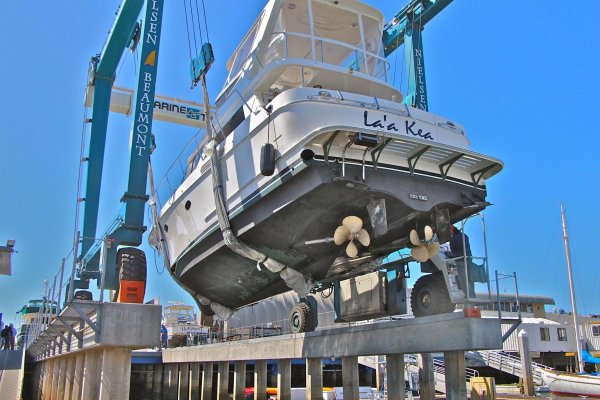I read a statistic once that 68% of males go through a forced job change in their mid 50’s, and never financially recover. That was a shock to me, but you hear about it all the time. We are replaced by younger people making 2/3 our salary in what the companies that we were loyal to call a “corporate restructuring”. That never happened to me, but it did happen to several friends, and they were unprepared
The cutbacks are sometimes even more insidious than that. Companies are well prepared to do the minimum compliance with ADEA (Age Discrimination Employment Act). It states that in a major reduction the impact on those over 40 must be proportional to those under. So, you have a group of 1000 workers of whom 300 are over 40. You're going to reduce 100 workers and that would say you can't reduce but 30 who are over 40. Now, there's an allowance and the number is really 37 (80% rule and 80% of 37 is 29.6 so it passes. Companies will sit down and find the highest paid and will even sit and say "to get rid of these three also then how many under 40 do we have to choose?"
Also, the savings. It's not to just someone costing 2/3 as much. The new hire is often at the lowest level so they terminate someone making $100k, let existing people all along the line move up in responsibility and hire an entry level person at $30k. Savings of 70%.
Companies can manipulate themselves to fairly easy compliance. Oh, and the granting of severance is another little trick they use. "We'll pay you three months but you must sign this agreement foregoing any rights to sue. Oh, and we'll give you an additional $500 to forego your rights to sue under ADEA (law requires additional payment for that)." Most people are going to sign and take the money.
Loss of employment is a real risk. One other huge risk, a major medical event. Could be illness or from accident or anything, but quickly run into the hundreds of thousands of dollars. 66.5% of all bankruptcies cite medical bills as one of the causes. Your home is protected, not your boat.
We have best friends who were neighbors in NC and moved with us to FL and work for us now. I saw the devastation in their lives. They'd both worked for the same company for over 30 years. He'd had moderate pay and she'd had low pay. They were 53 and 51 when the company shut down. They couldn't even get job interviews. When they did, they didn't get the job, hearing "Over Qualified" much too often and other times just being passed over for someone younger. He was in charge of buildings and construction and all maintenance over 6 buildings that housed manufacturing facilities (700 employees) and one with offices and Office Depot and Lowes wouldn't hire him for fear as soon as he found something better he'd leave. She was told by a recruiter that the reason one company turned her down was hiring younger so it didn't impact their insurance costs as much. Illegal but common. They had 13 years remaining to retirement so spending their savings and were planning on selling their house. Losing a job for someone over 50 can be devastating.








